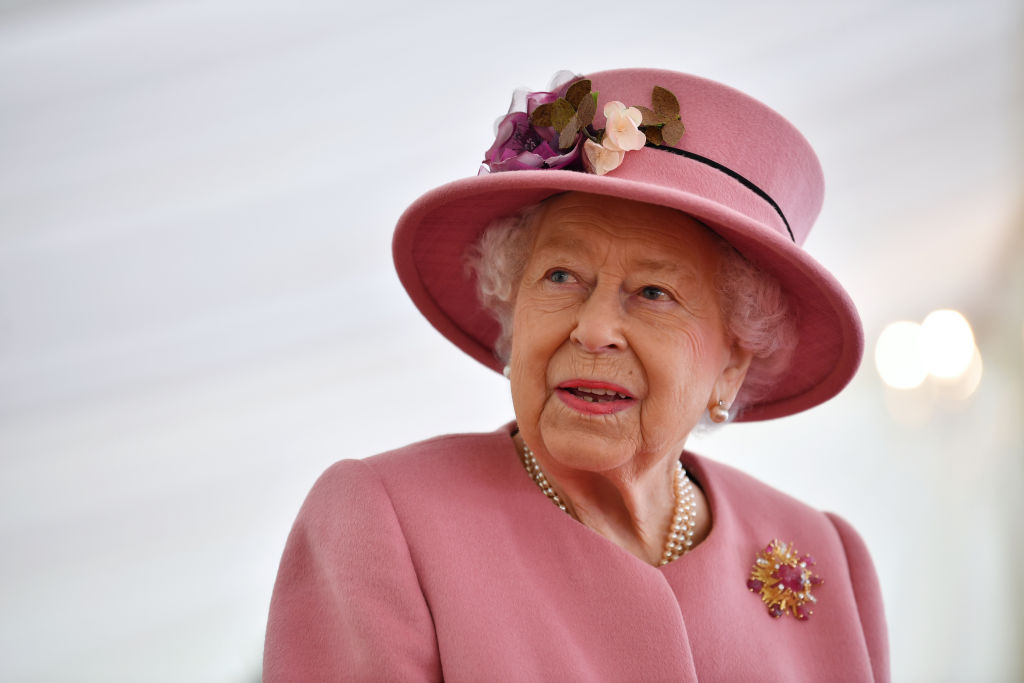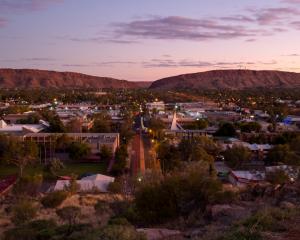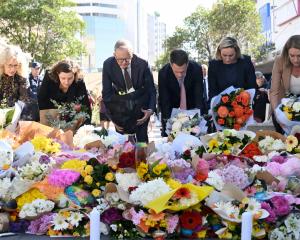
The Queen hosted a ceremony as the Earl Peel stepped down as Lord Chamberlain, PA media reported on Tuesday.
Philip, who had been at the monarch's side throughout her 69-year reign, died at Windsor Castle on Friday, aged 99.
His funeral will be held on Saturday.
The Duke of Edinburgh, as he was officially known, married Elizabeth in 1947 and was the longest-serving consort in British history.
In recent years, the Queen (94) has reduced her official engagements and passed many royal duties and patronages to heir to the throne Prince Charles, his son Prince William and other senior royals.
But she still carries out the most symbolic royal duties, such as the opening of Parliament.
The Queen's second son, Prince Andrew, said on Sunday she was stoic in the face of a loss she had described as "having left a huge void in her life."

'QUEEN WON'T ABDICATE'
Despite the hole in her life left by Philip's death, aides and royal experts have long said it would not lead to the Queen, the world's oldest and longest-reigning living monarch, relinquishing the throne in favour of Charles.
"I can assure you the Queen will not abdicate," royal historian Hugo Vickers said. "There is every indication the queen is in extremely good health and with luck she will continue to be our queen for as long as possible."
Elizabeth continued to carry out her official duties, albeit remotely because of Covid-19 restrictions, even while Philip was in hospital for four weeks earlier this year.
Royal watchers say part of the reason why the Queen would avoid giving up the crown was the manner in which she became Queen herself. When she was born in 1926, it was not expected she would ever become the monarch.
But her uncle Edward VIII abdicated because of his love for American divorcee Wallis Simpson, which the British establishment deemed an unacceptable union, prompting a constitutional crisis which saw the crown passed to her father George VI when she was 10 years old.
"It is a job for life," Elizabeth once said, echoing a promise she made on her 21st birthday in 1947.
Speaking to the nation then while on tour of South Africa she said: "I declare before you all that my whole life whether it be long or short shall be devoted to your service and the service of our great imperial family to which we all belong."
It was a commitment she repeated on the 60th anniversary of her accession, and when senior Buckingham Palace aides are asked whether abdication is possible, they have the same answer: "Life means life".
That means she would not follow the leads of other European monarchs such as King Juan Carlos of Spain who abdicated in 2014, King Albert of Belgium who quit in 2013 and Queen Beatrix of the Netherlands who stepped down the same year.
As a deeply religious figure and titular head of the Church of England, Elizabeth sees the vows she took on her coronation day when she was anointed Queen as unbreakable, according to royal commentators and those who know her well.
However, she might pass on even more official duties to Charles (72) and other members of the Windsor family who have taken over much of her workload.
In the last decade, she has all but ended international tours, and reduced the number of her patronages, passing on her role at dozens of charities, academic institutions and sporting bodies to other members of the royal family.
"While the Queen might step back a little and we'll be seeing more of Prince Charles and Prince William doing representational work ... the Queen will remain very firmly the Queen," said royal historian Robert Lacey, the historical consultant to hit Netflix drama The Crown.
He pointed to the plans to mark the Queen's 70th year on the throne for next summer already announced by the government.
If the Queen follows in the footsteps of her mother - who was known as Queen Elizabeth the Queen Mother and was still appearing in public almost up until her death aged 101 in 2002 - Elizabeth might yet be at the forefront of British public life for some time.












